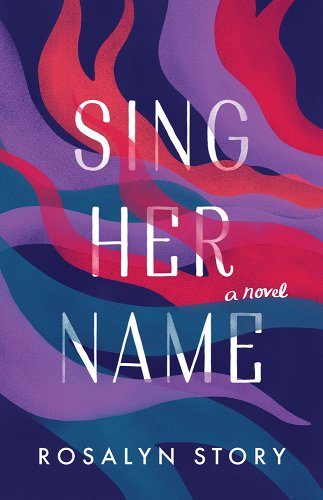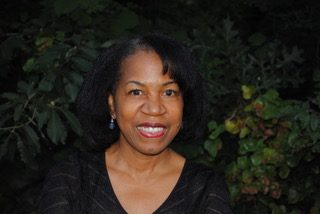Sing Her Name
THE NEW NOVEL FROM KIMBILIO FELLOW ROSALYN STORY
In New Orleans on a winter night in 1919, Celia DeMille, the beautiful and brilliantly talented singer, leaves her lover’s apartment believing she has nothing to live for. The great maestro has reneged on a promise that would have revived her waning career. “The world is not ready,” he told her. A black woman had never sung in the city’s famed opera house, and now Celia will not be the first.
That night, broken and distraught, she walks the streets of the French Quarter dressed in her finest and clutching her most valuable possession, the precious gold necklace around her neck. In the distance she sees fire; the opera house is engulfed in flames. Dazed and delusional, she walks toward the blaze, determined. It’s her last chance to sing on the opera house stage.
In 2006, New Orleans waitress Eden Malveaux has fled the city after Hurricane Katrina and landed in New York. With her troubled teenaged brother in tow, and as his sole guardian, she has sworn to fulfill a promise to her dying father; to keep her brother safe from the streets that could easily claim his life.
When Eden waited tables in New Orleans restaurants, her beautiful voice kept her customers entertained, but in New York such random bursts of song during shifts cost her the job she desperately needed. Unemployed and broke, she opens a recent letter from her estranged great aunt in New Orleans who summons her home. “I’ve got something special for you,” she says. “Something that can help you.”
Eden returns to New Orleans hoping for financial help, but instead her Aunt Julia reveals a box she found in the street after the flood waters cleared. In it is a scrapbook detailing the life and career of a once-famous but long forgotten singer, Celia DeMille. There is also the singer’s gold pendant necklace.
Eden returns to New York and continues to struggle, but when delving into the diva’s scrapbook, she pieces together the extraordinary life of Madame DeMille. Curiosity grows into obsession, then into inspiration, and Eden’s talent propels her into a world she never dreamed. With the help of new friends, and finding power and inspiration in the diva’s story and her fabled gold necklace, Eden’s life in New York takes a dramatic and unimagined turn.
But just when Eden is poised to make her mark as a singer, her brother’s dangerous choices catch up with them, even as she confronts the shameful secrets of her own complicated childhood. To face the promise of her future, she must first reconcile her own history of mistakes and regret. For Eden, finding the path ahead means not only leaving behind the guilt of the past, but perhaps even the brother she loves.



